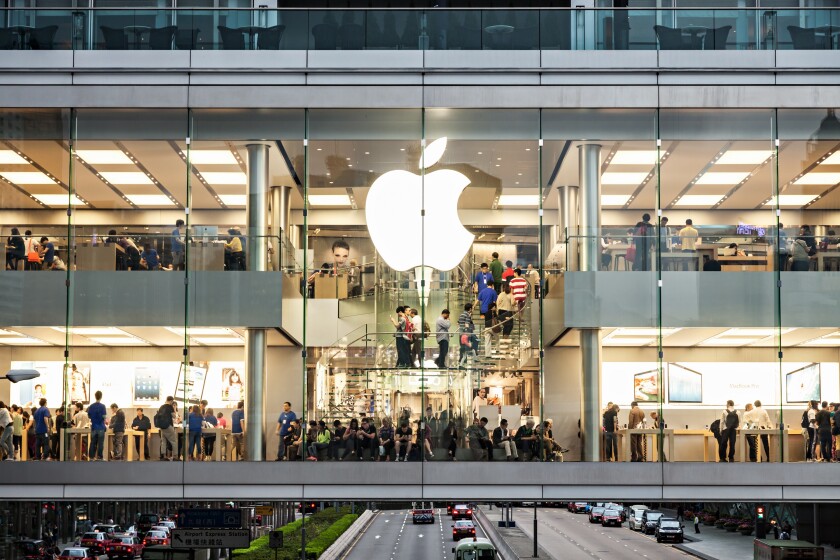Update, June 9: Managing IP has since obtained a copy of the judgment.
Mr Justice Marcus Smith has determined that Apple must pay $5 million a year for an Optis standard essential patent portfolio in a 300-page decision at the England and Wales High Court, it emerged in a Foss Patents blog post today, June 7.
The May 10 Optis v Apple decision hasn’t been published, but the blog broke the news by obtaining some information from an anonymous source.
It would mean that Apple must pay around $60 million for a global lifetime licence that includes back royalties to the portfolio, Foss Patents stated.
According to the blog, the court rejected some of the iPhone maker’s arguments for lowering the royalty rates. Justice Smith didn’t accept Apple’s position that the royalty should be based on the smallest saleable patent-practising unit, the blog said.
The court also rejected Optis’s comparable licence agreements, the blog said.
According to Foss Patents, the court said: "[G]iven the nature of Optis’ counterparties to the Optis comparables – generally small players in the market, with low or at least not massive sales volumes – there is a question whether these licences properly reflect a FRAND rate for a counterparty like Apple."
The court didn’t find Apple to be an unwilling licensee, according to Foss Patents.
Optis and Apple have been embroiled in a global dispute over SEPs for 3G and 4G technology for several years.
Optis initially sued Apple in the UK, alleging infringement of eight patents in February 2019.
The litigation was split into four technical trials to determine validity and infringement, plus this one to decide the terms of a fair, reasonable and non-discriminatory (FRAND) licence.
There was also an interim trial in October 2021, which determined that Apple had to agree to take a court-determined FRAND licence to avoid an injunction.
Apple had previously threatened to leave the UK in July 2021 over its battle with Optis after fears that it would be forced to pay $7 billion.
But in November 2021 – after the interim trial – it agreed to take a licence that the court determined to be FRAND, which has now been determined.











